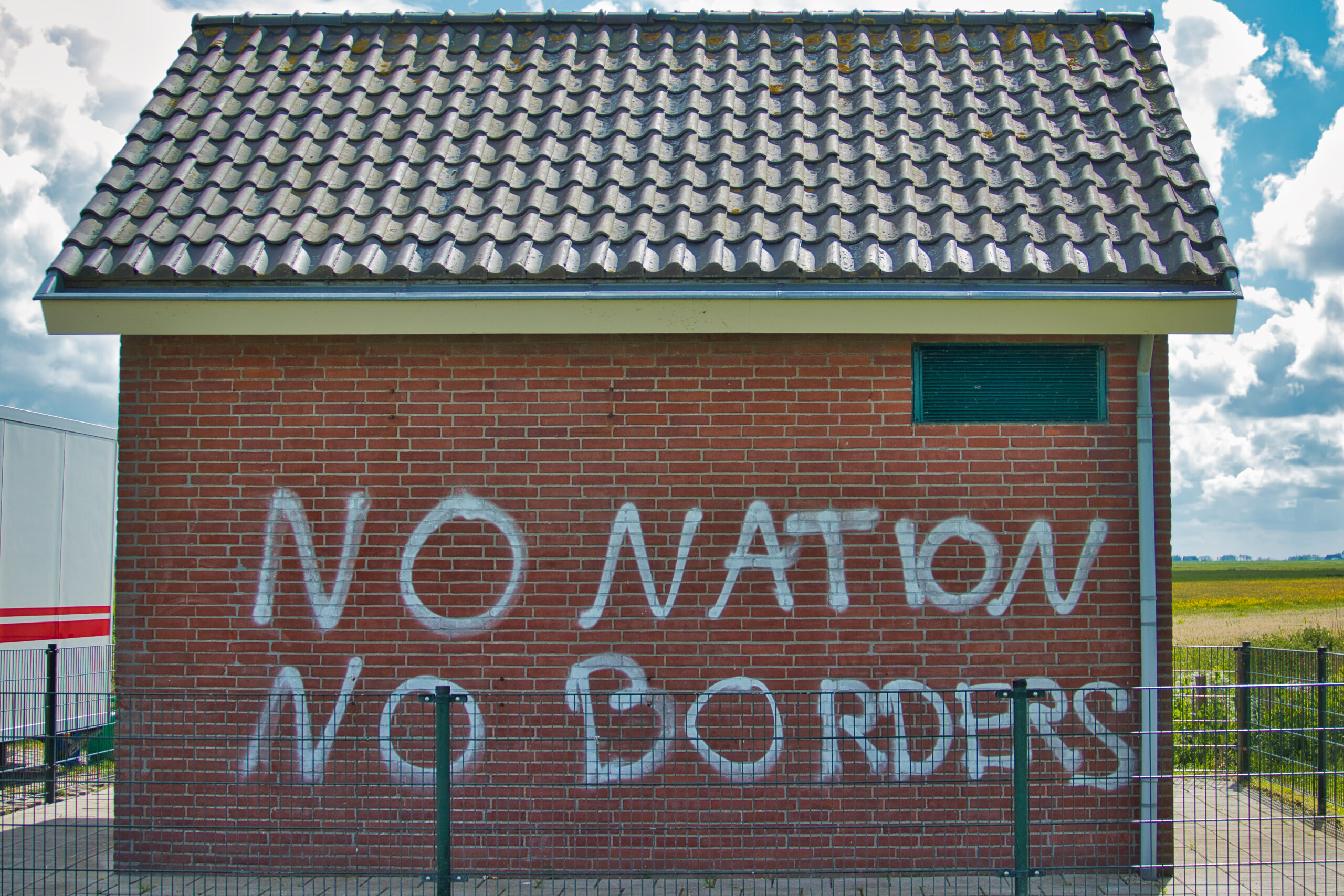Border checks do not reduce asylum applications, auditor says

Extra checks at the Dutch borders are not helping to reduce the number of asylum applications, the government audit office has concluded in a new report.
The government introduced the additional checks to tackle irregular migration and cross-border crime such as people smuggling and document fraud last year.
The checks were also intended to ease pressure on the asylum system, which is struggling with limited reception capacity and housing shortages.
The researchers analysed data from the military police (Marechaussee) covering the period from January 2023 to April 2025. They compared figures from the Marechaussee’s regular border checks with those from the new system, which were introduced at the end of 2024.
The old border checks were carried out at random, while the new ones take place at fixed locations and can last up to 24 hours. In both cases, the Marechaussee can either deport people without the correct documents or deny them entry to the country.
The new controls led to more people being stopped than during earlier operations, and more people were refused entry. However, there were fewer arrests for people smuggling and document fraud.
The number of asylum seekers arriving at the border also declined, but the audit office said that this number has never been high. Of the 44,000 asylum applications made in 2024, only 400 — less than 1% — were made at the border.
Ministers were warned earlier that border checks would not be effective in reducing asylum applications and concerns were also raised about military police staffing levels.
Outgoing immigration minister Marjolein Faber said in a reaction that “border checks are not a measure to reduce the inflow of asylum seekers”, but argued they could have a deterrent effect on migrants and people smugglers, who might reconsider their plans to travel to the Netherlands.
She had already told MPs in March that the results after three months give a mixed picture, but are “nevertheless encouraging”.
Three months
During the three months to March 9, 250 people were refused entry to the Netherlands, and 90 people were arrested for involvement in crimes such as human trafficking or drug offences, the minister said at the time.
A further 30 people applied for asylum, one of whom was sent back to the EU country where they had first applied. In total, 41,750 people and 9,900 vehicles were checked.
In the same period 2023/24, 260 people were arrested, a far greater number than this year. A further 100 people applied for asylum on being stopped, also far more than this year.
However, fewer people – 150 – were turned back at the border for not having the right papers to go to the Netherlands. Fewer people and vehicles were also singled out for the extra checks.
The extra border checks are scheduled to continue until 9 December.